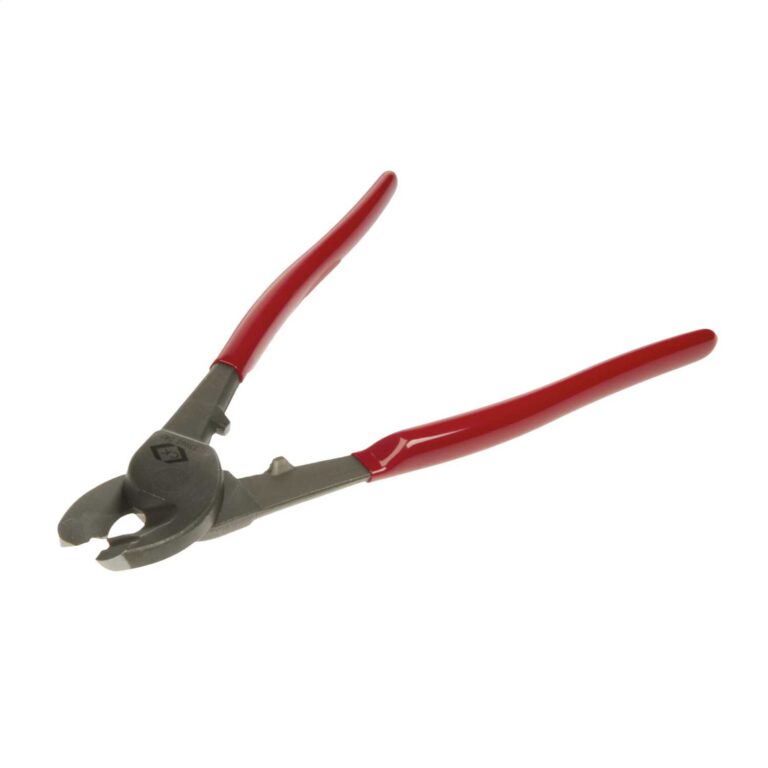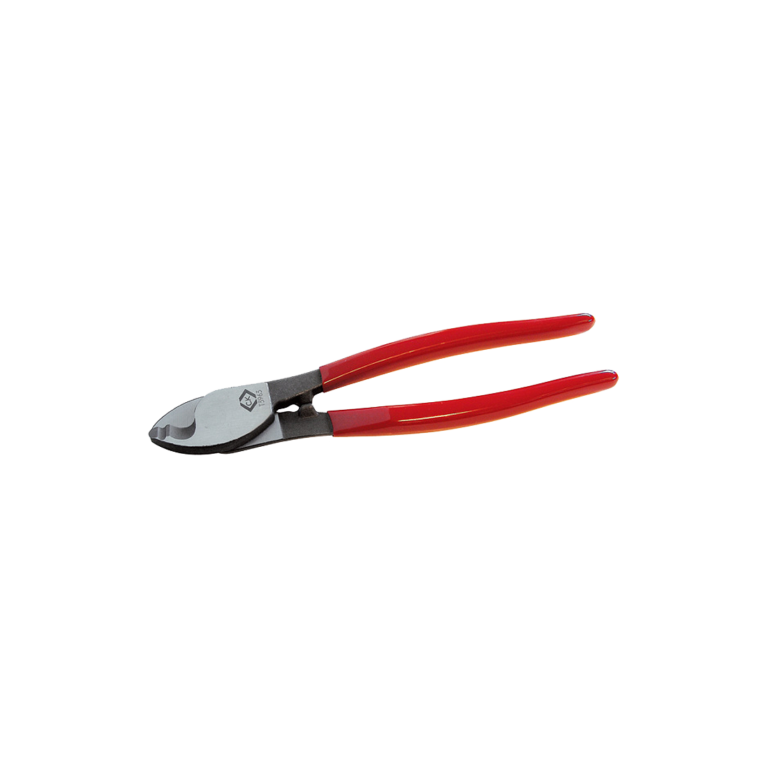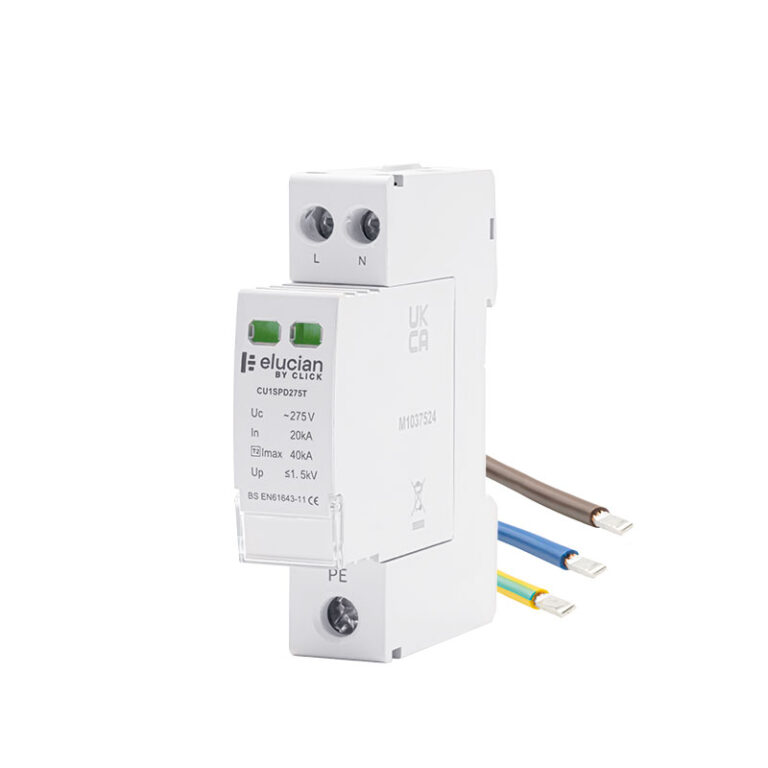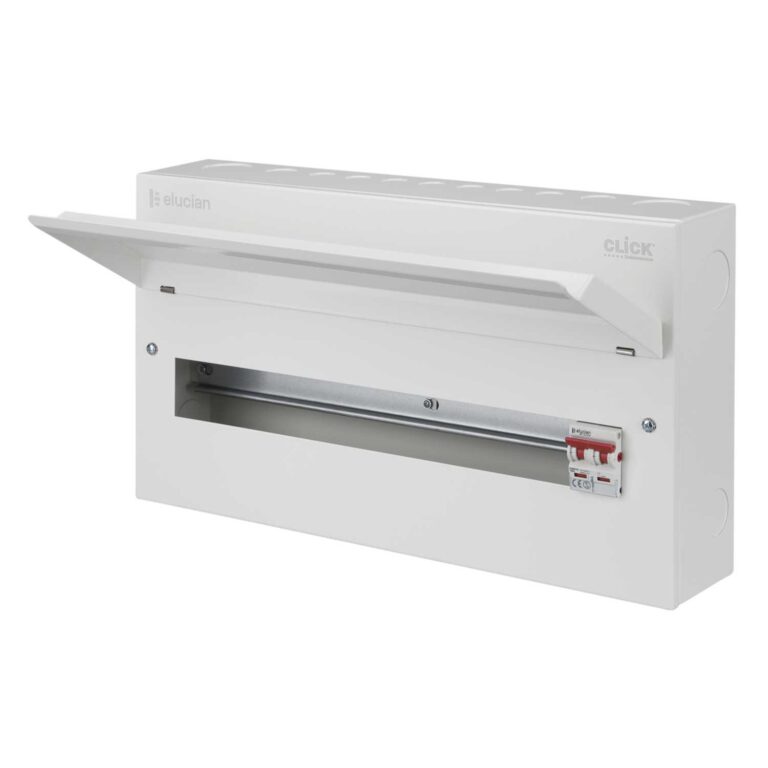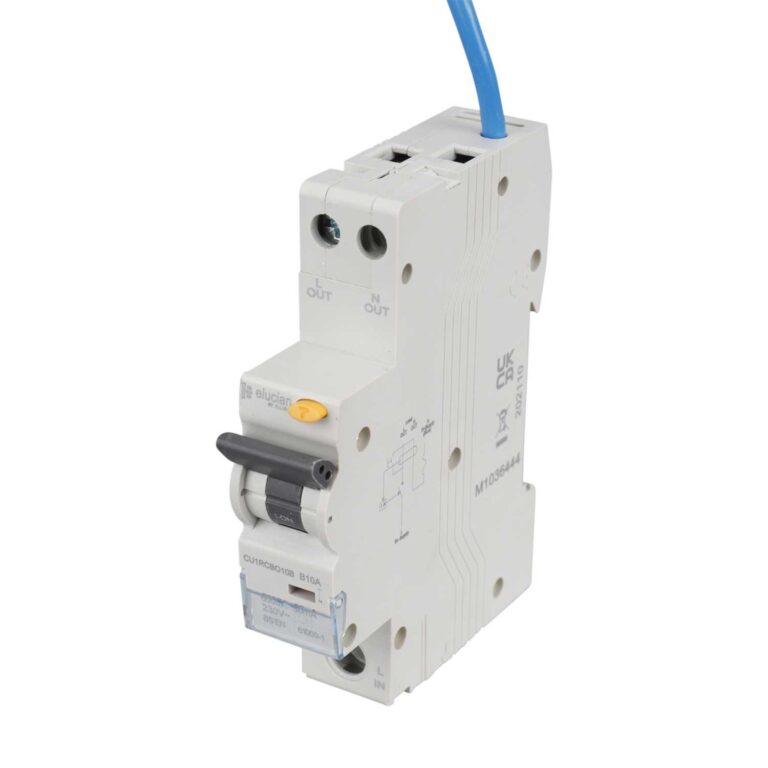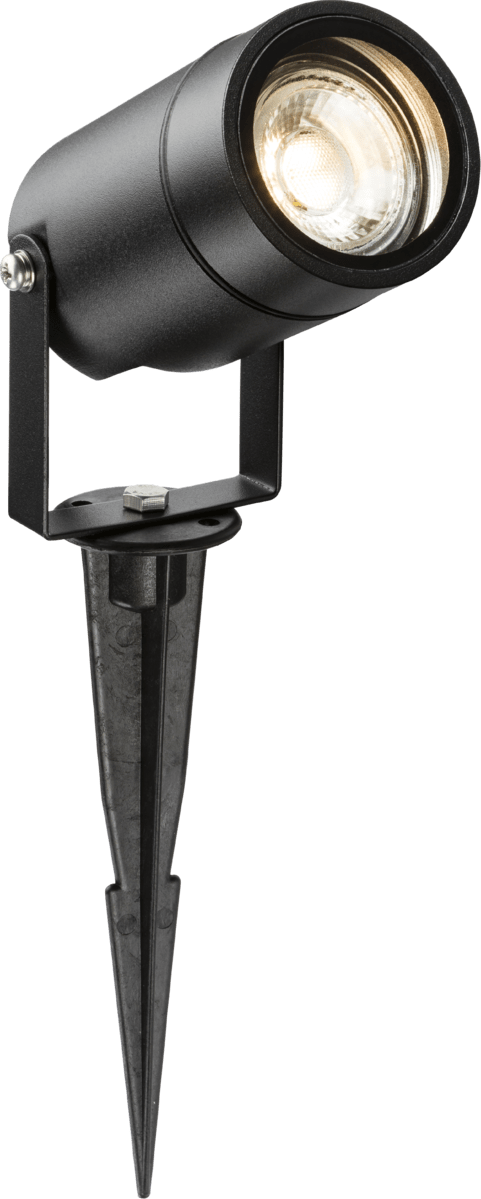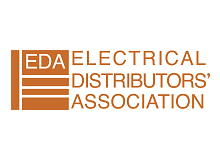Products loading...
Products loading...
Products loading...
Products loading...
Products loading...
Products loading...
Products loading...
Products loading...
Products loading...
Products loading...
Products loading...
Products loading...
Products loading...
Products loading...
Products loading...
Products loading...
Products loading...
Products loading...
Products loading...
Products loading...
Products loading...
Products loading...
Products loading...
Products loading...
Products loading...
Products loading...
Products loading...
Products loading...
Products loading...
Products loading...
Products loading...
Products loading...
Products loading...
Products loading...
Products loading...
Products loading...
Products loading...
Products loading...
Products loading...
Products loading...
Products loading...
Products loading...
Products loading...
Products loading...
Products loading...
Products loading...
Products loading...
Products loading...
Products loading...
Products loading...
Products loading...
Products loading...
Products loading...
Products loading...
Products loading...
Products loading...
Products loading...
Products loading...
Products loading...
Products loading...
Products loading...
Products loading...
Products loading...
Products loading...
Products loading...
Products loading...
Products loading...
Products loading...
Products loading...
Products loading...
Products loading...
Products loading...
Products loading...
Products loading...
Products loading...
Products loading...
Products loading...
Products loading...
Products loading...
Products loading...
Products loading...
Products loading...
Products loading...
Products loading...
Products loading...
Products loading...
Products loading...
Products loading...
Products loading...
Products loading...
Products loading...
Products loading...
Products loading...
Products loading...
Products loading...
Products loading...
Products loading...
Products loading...
Products loading...
Products loading...
Products loading...
Products loading...
Products loading...
Products loading...
Products loading...
Products loading...
Products loading...
Products loading...
Products loading...
Products loading...
Products loading...
Products loading...
Products loading...
Products loading...
Products loading...
Products loading...
Products loading...
Products loading...
Products loading...
Products loading...
Products loading...
Products loading...
Products loading...
Products loading...
Products loading...
Products loading...
Products loading...
Products loading...
Products loading...
Products loading...
Products loading...
Products loading...
Products loading...
Products loading...
Products loading...
Products loading...
Products loading...
Products loading...
Products loading...
Products loading...
Products loading...
Products loading...
Products loading...
Products loading...
Products loading...
Products loading...
Products loading...



